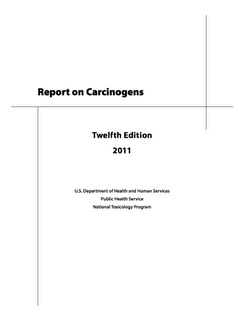The law firm has a number of clients who are injured workers. These workers are often prescribed medication as a consequence of their work injury. However, not all of these medications are used or needed, and some even expire, then sit at home because folks don’t know what to do with them.
Saturday from 10 a.m. to 2 p.m. is National Prescription Drug Take Back Day. This program is coordinated with local law enforcement through the U.S. Department of Justice’s Drug Enforcement Administration Office of Diversion Control.
The Office of Diversion Control website suggests that to find a site near you that accepts “unused or expired medication for safe disposal,” search either by zip code or by county/city and state via either of the two links on the site listed above. Here’s a direct link to the search, but I’ve found the search function doesn’t always work, so it may be easier to click through from here where it mentions “Locate collection sites” or “Click here for a collection site near you.” In addition, an 800 number, 1-800-882-9539, is available for people to ask questions about the program by speaking to customer-service representatives. After a couple of cursory searches on the website, I am pleased that there are a reasonable number of sites available in both Nebraska and Iowa.
Why should you and I care to make the effort of participating in a drug take-back day? This informative website from the U.S. Food and Drug Administration explains in general terms about disposing unused medicine, and it seems that dropping the drugs off is one of the easier options. In addition to the general good feeling some people get from the act of reducing clutter, returning unused, unneeded medicines to a take-back event means folks don’t have to worry about the medicine getting into the water supply, which sometimes happens through flushing, or getting into the hands of a person who might abuse it, which can happen when meds are thrown away. The Consumer Updates > How to Dispose of Unused Medicines page has additional “Guidelines for Drug Disposal” if there’s not a drug take-back day available close by, so people can make sure medications are disposed of safely.






